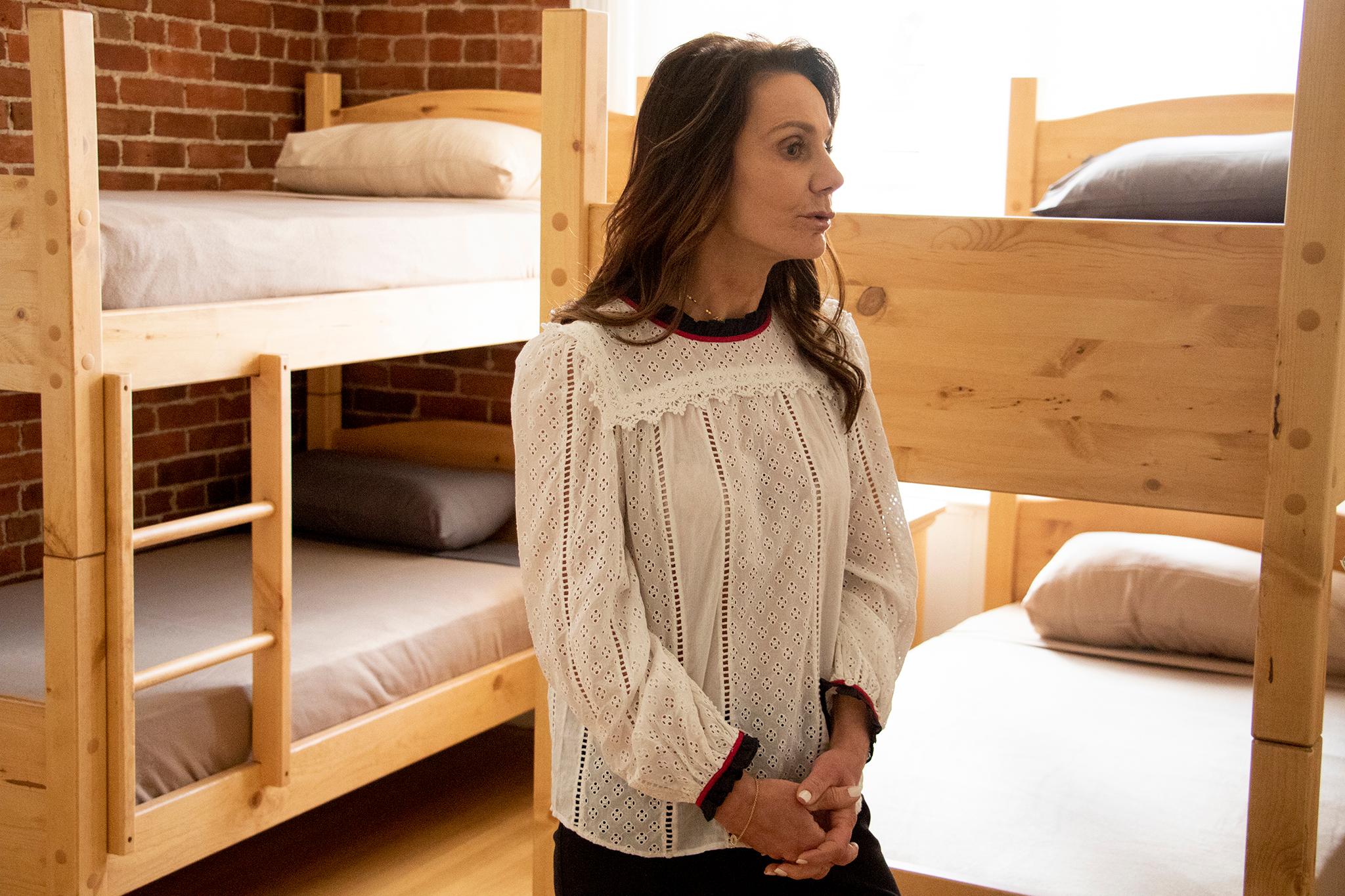Denverites have until July 1 to weigh in on their city's bid for federal housing funds.
Or, weigh in some more. Information gleaned from surveys of some 2,000 Denver residents and in focus groups from scores more have already informed the draft documents released at the end of May in which Denver explains to the Department of Housing and Urban Development why it needs the money and how it will spend it. Residents have raised, among other issues, concerns about the shortage of affordable housing, particularly for larger families, and the disproportionate impact of displacement on black and Hispanic families. They also expressed fears landlords will stop accepting federal housing vouchers.
The city's approach as outlined in the HUD proposal includes proposing to support the preservation and rehabilitation of existing affordable units and increase the supply of income-restricted housing for, for example, larger households. The city also would expand investment in permanent supportive and transitional housing for people experiencing homelessness. And it would explore ways to better inform landlords of their responsibilities. Other priorities include down payment assistance for aspiring homeowners.
After the July 1 public comment window closes, the documents will get another edit and then in mid-July be sent, along with the comments, to HUD.
Monday at the Aztlan Recreation Center in Sunnyside, a half dozen people listened -- over the "pock-pock" of kids playing air hockey in the room next door -- as Denver Economic Development & Opportunity's HUD administrator and a consultant wrapped up a series of community discussions of the documents.
HUD funding, which was about $12 million last year, is about a quarter of the city's overall budget to address housing and homelessness challenges. The bulk of the federal funding comes from the Community Development Block Grant program, which HUD has run since 1974 to help communities across the country provide housing and shelter and economic opportunities for low- and moderate-income people. DEDO has in the past used Community Development Block Grants to, for example, help Utah's The Other Side Academy bring to Denver its residential program for people who have been incarcerated or struggled with addiction or homelessness.
The documents can be read here and a summary here.
Comments can be emailed to the city's HUD administrator, Rachel King, at [email protected].













